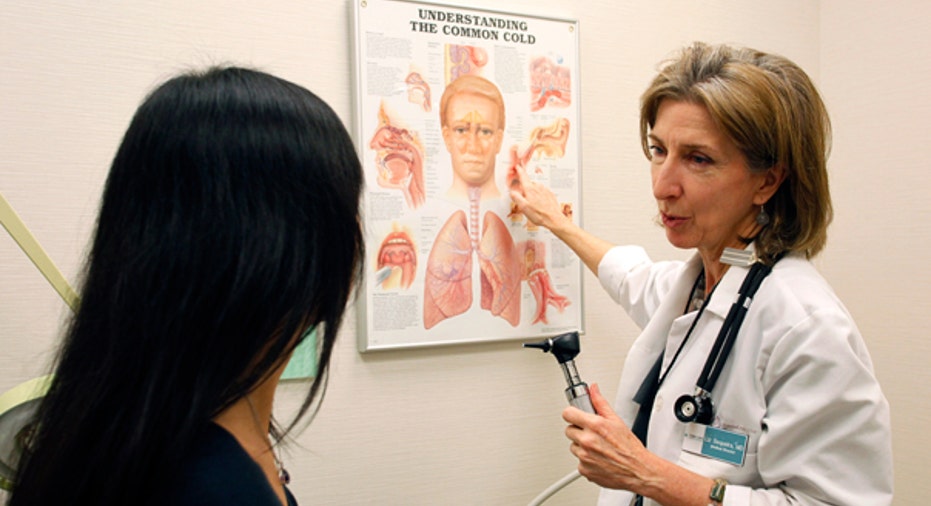Tips for Finding the Right Physician

Finding Dr. Right isn’t easy. But experts say finding the right doctor to match your needs, medical history and personality is a main component when in maintaining your health and wellness.
Choosing a doctor “is one of the most important decisions you make,” says Dr. Arshad Rahim, director of Accelerated Clinical Experience at HealthGrades.com.
It takes a lot of time and research to find “the one.” Experts advise combing through reviews, checking with your insurance company and reviewing websites to find the right doctor.
Don’t wait until you are sick to find a new primary care doctor. Talk to friends, co-workers and family members as soon as you start a new insurance plan, move, or get a new job to get recommendations.
While word-of-mouth recommendation is still one of the most common ways to find doctors, experts warn the process is highly subjective. “What works for your friend might not work for you, especially if you get into the Tetris game of matching recommendations with insurance acceptance,” says Oliver Kharraz, founder and chief operating officer of ZocDoc. He adds that electronic word of mouth is also helpful in the search process—scanning online directions, ratings and review sites, as well asking for recommendations on Twitter and Facebook.
After getting some recommendations, the next step is to take stock of your needs and priorities. Is location the most important factor in your decision-making process, or office hours?
“A busy professional may be looking for a doctor with early, late or weekend appointments,” says Kharraz. “If you value more options and availability, you may want a group practice.”
Once you’ve narrowed your choices, check their credentials. Increasingly, health insurers are offering reviews of doctors’ quality of care, which may provide valuable consumer-driven information. The Association of State Medical Board Executive Directors www.docboard.org/docfinder.html provides links to regulatory sites to look up the status of a physician’s license, and see if they are any formal complaints filed against him or her or note any past disciplinary action, notes Kharraz.
While credentials and skill set are important, WebMD’s Chief Medical Editor Michael Smith stresses how comfortable you feel with the doctor, and how the two of you communicate should also play a key role in the process. “You want a doctor you can speak open to and not feel judged,” says Smith. “It comes down to trust. You need to feel comfortable.”
Pediatricians tend to be open about going through interviews, but experts say most general practioners and specialists don’t have the time to sit down for a one-on-one interview. That’s why Healthgrades Rahim says to use your first doctor’s visit as your interview.
“With physicians’ busy schedules, it is unlikely you will get a non-appointment interview. In general, you should write down your questions beforehand,” says Rahim. “Do not be shy about communicating your expectations and needs.”
Experts recommend asking a potential doctor how communication works outside of the examining room: what happens if you have follow-up questions, do they answer emails, and what happens if you have an after-hours questions.
Also be sure to talk to the staff. Often times how the staff treats patients is an indication of how the doctor runs his or her practice, says WebMD’s Smith.
Don’t be afraid to break up with your doctor. Your first couple of visits should be about trial and error. But if after a few visits, you don’t feel comfortable with the doctor, can’t stand the staff or find the location inconvenient move on. Just like you wouldn’t stay in a bad relationship, don’t feel obligated to remain with a doctor you don’t like.
“It’s important to find the right doctor. You want it to be a good match or you won’t get the care you need or deserve,” says Smith.



















